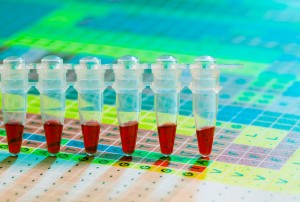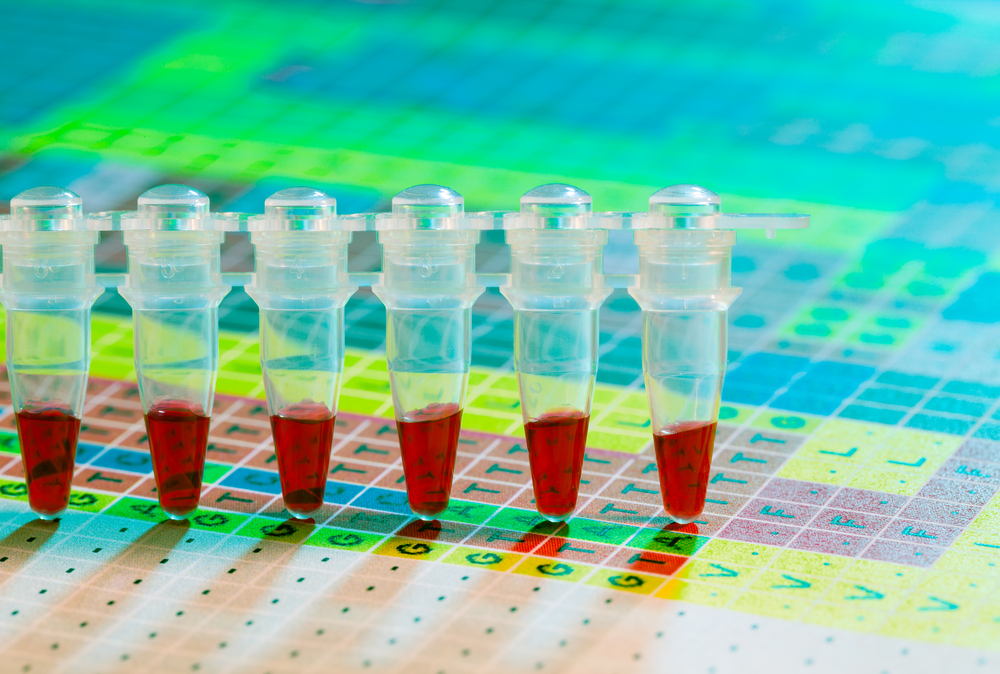 Enumeral, a company dedicated to the development of novel antibody immunotherapies, was awarded a Phase II Small Business Innovation Research (SBIR) contract from the National Cancer Institute (NCI). The project is funded for two years. During this period, the company will develop an automated system to profile human tissue for immune-oncology clues.
Enumeral, a company dedicated to the development of novel antibody immunotherapies, was awarded a Phase II Small Business Innovation Research (SBIR) contract from the National Cancer Institute (NCI). The project is funded for two years. During this period, the company will develop an automated system to profile human tissue for immune-oncology clues.
Enumeral has a history of dedicated research to the screening of human immune microenvironment, identifying and selecting valid therapeutic agents. Their system allows the measurement of drug effects with a patient-specific approach, thus generating personalized immunotherapies – a strategy that treats disease by modulating the host immune system, either inducing (activation immunotherapies) or enhancing it or, in some cases, suppressing it (suppression immunotherapy).
Frequently, analyzing patients-derived samples, such as core biopsy or fine needle aspirates, is very limited with conventional approaches, since the number of cells in these samples is quite small.
This Phase II program will test Enumeral’s platform to analyze a limited number of cells from human tissue samples while obtaining a large spectrum of information. In 2012-2013 Enumeral performed a Phase I study where it established its system’s proof of concept. Notably, Enumeral’s platform may help to predict which antibodies will prove safe and effective. Also, this method will allow for immune-based diagnostic tools, enabling patients’ stratification according to their specific response to the immune-therapy.
Arthur H. Tinkelenberg, Ph.D., President, Chief Executive Officer and Co-Founder of Enumeral commented in a BusinessWire press release, “We expect our continued relationship with the NCI will further enhance our capabilities in high resolution analysis of cellular function in the tumor microenvironment. We look forward to expanding our relationships with leading medical institutions, which will apply these advancements in translational and clinical research settings. We believe that measurements of lymphocyte function directly in human tissues will deepen our understanding of cancer progression and will accelerate development of novel and best-in-class immunomodulators.”


